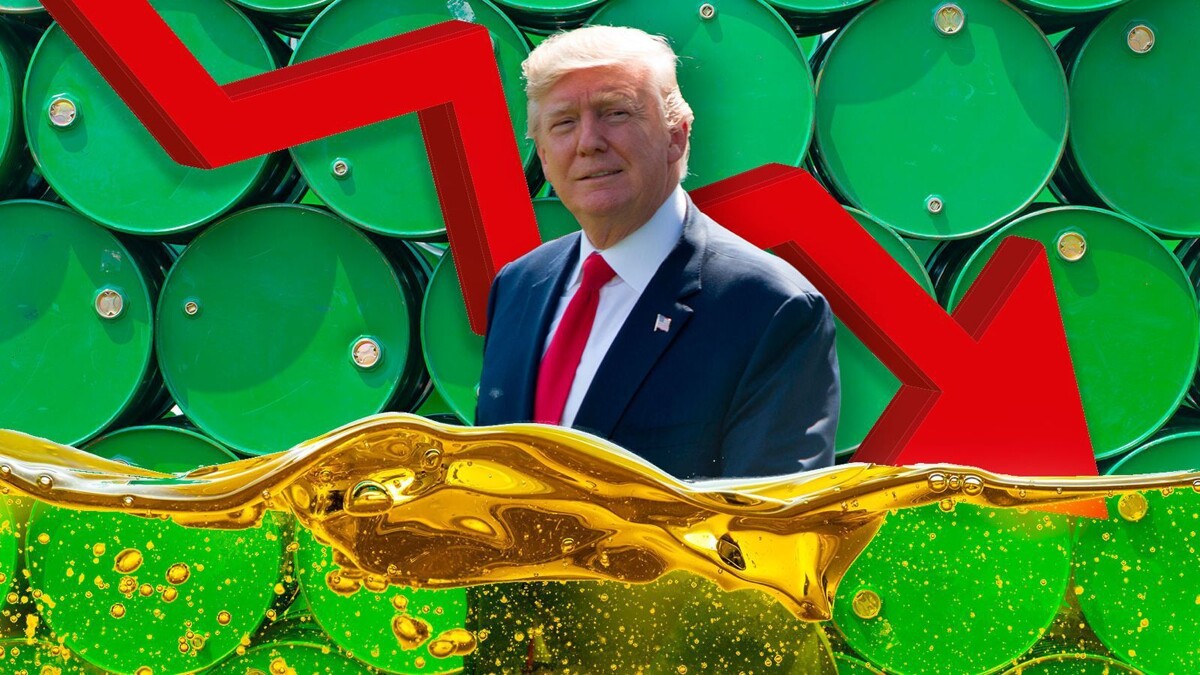
The President of the United States, Donald Trump, has begun his term by implementing measures to boost fossil fuel production and reduce barriers that hinder the exploitation of oil resources. This strategy has impacted the market, reflected in the decline of stock values for major energy companies like Chevron, which has also been affected by the prospect of lower energy prices in the near future.
On the first day of trading under Trump's new administration, losses were recorded in oil companies; however, the expectation of an increase in oil production in the United States could lead to a decrease in fuel prices, benefiting countries like Mexico, which imports large amounts of U.S. gasoline and natural gas.
Although Trump is still considering the imposition of tariffs on Mexico and Canada, he has not announced concrete measures in this regard. On the other hand, the elimination of regulations favoring renewable energies and the push for domestic drilling on federal lands have been well received by investors in the energy sector.
Companies like Exxon, a major supplier of natural gas in Europe, have also experienced fluctuations in their stock values in response to the new president's measures. For its part, Mexico, as a significant consumer of U.S. gasoline and natural gas, could see benefits in terms of lower fuel prices, which has been reflected in the behavior of some companies in the market.
Additionally, Canada's stance to join in on Trump’s-driven strategies has also impacted investor perception. In summary, while Trump's oil policies may create uncertainty in some sectors, they could also result in more competitive energy prices in the international market.














